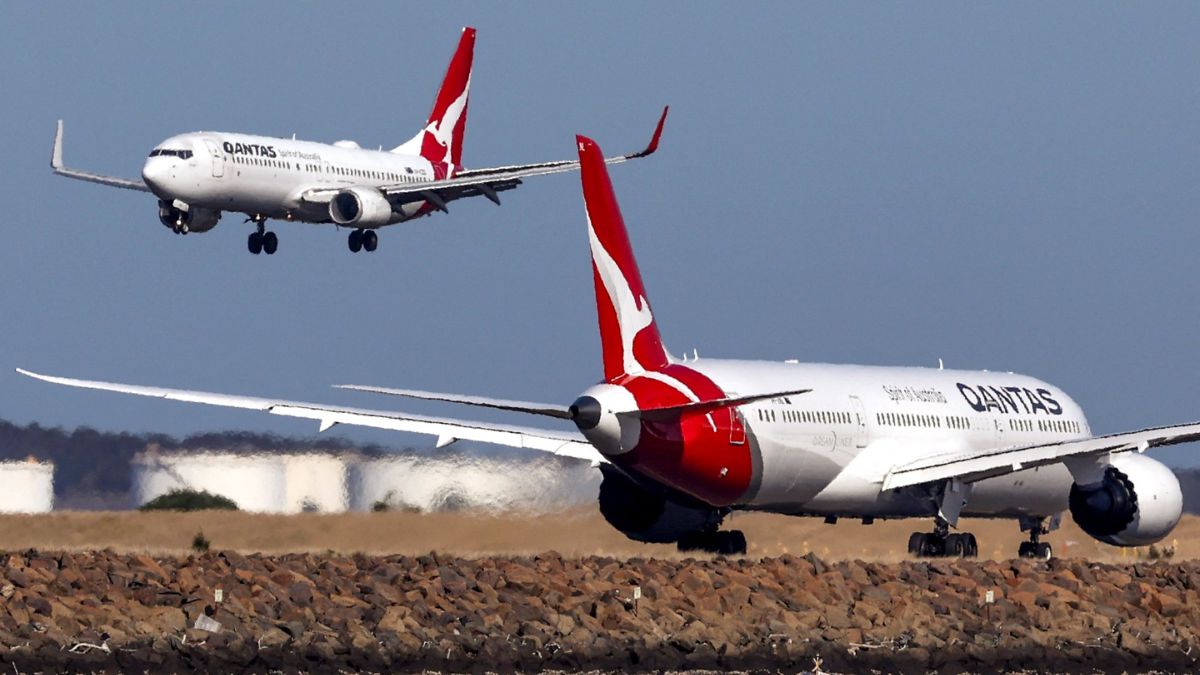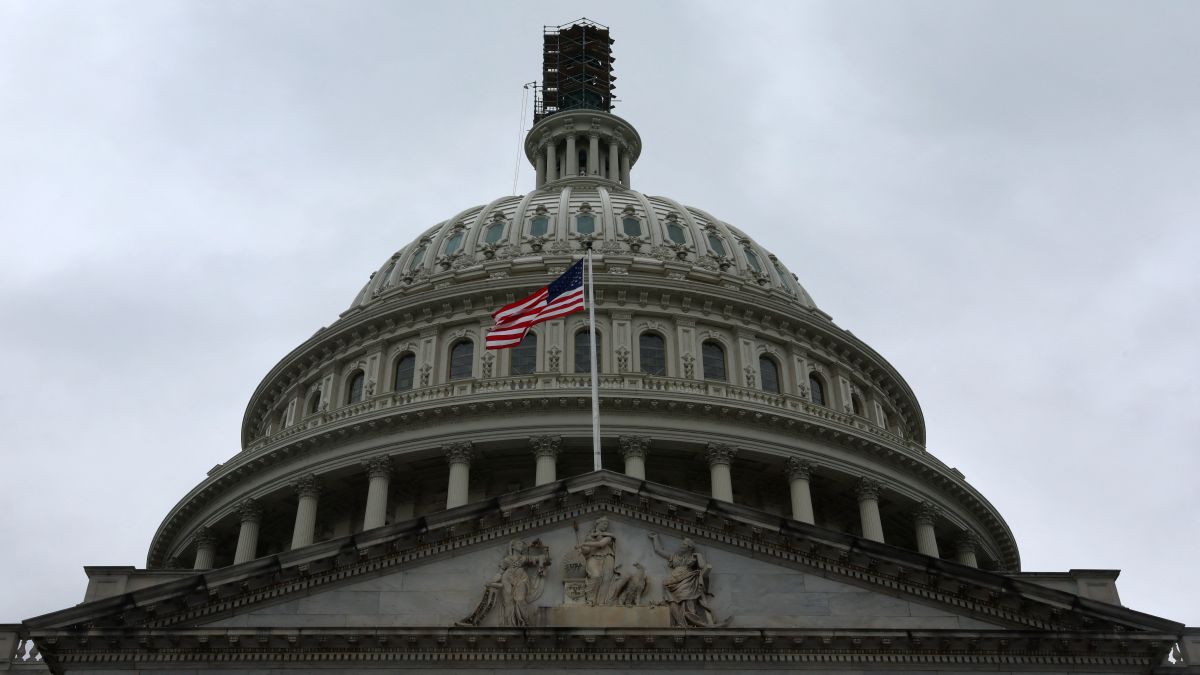Australian airline Qantas said that data from 5.7 million customers had been stolen and shared online following a major cyberattack earlier this year. The breach, which targeted Salesforce, a US-based software firm, has affected multiple global companies including Disney, Google, IKEA, Toyota, McDonald’s, Air France, and KLM. The hack exposed personal information such as names, email addresses, phone numbers, and dates of birth, prompting fears over growing corporate data vulnerabilities worldwide.
Qantas confirmed that hackers had infiltrated one of its customer contact centres in July, exploiting a third-party system later identified as Salesforce.
While the airline clarified that no credit card, passport, or personal financial data was compromised, it admitted that some records contained addresses, genders, and meal preferences. The company said it is now cooperating with Australian security agencies and has obtained a legal injunction from the Supreme Court of New South Wales to restrict the stolen information from being “accessed, viewed, released, used, transmitted or published.” However, cybersecurity expert Troy Hunt dismissed the injunction as ineffective, arguing that it would not prevent criminals from spreading the data globally.
Hackers linked to global cybercrime alliance
Tech giant Google acknowledged that one of its corporate Salesforce servers had been targeted, though it did not confirm whether the data was leaked. Google Cloud Security Communications head Melanie Lombardi stated that the firm had conducted an impact analysis and notified potentially affected businesses in August.
Cyber analysts have connected the breach to individuals tied to the cybercriminal group Scattered Lapsus$ Hunters, believed to be behind the coordinated attacks on Salesforce tenants. Research group Unit 42 reported that the hackers were attempting to ransom stolen data, with a deadline set for October 10.
According to experts, the attackers used social engineering, a manipulation tactic in which hackers pose as trusted personnel to gain access. The FBI had already issued a warning last month about such methods targeting Salesforce, noting that cybercriminals often impersonated IT workers to deceive customer support teams. Hunt remarked that these incidents relied not on advanced hacking tools but on “the oldest tricks in the book.”
The Qantas breach follows a series of major cyber incidents in Australia, including a 2023 attack on DP World that paralysed ports handling 40 percent of the nation’s freight trade, and a Qantas app glitch that exposed passenger details last year.


)

)
)
)
)
)
)
)
)



